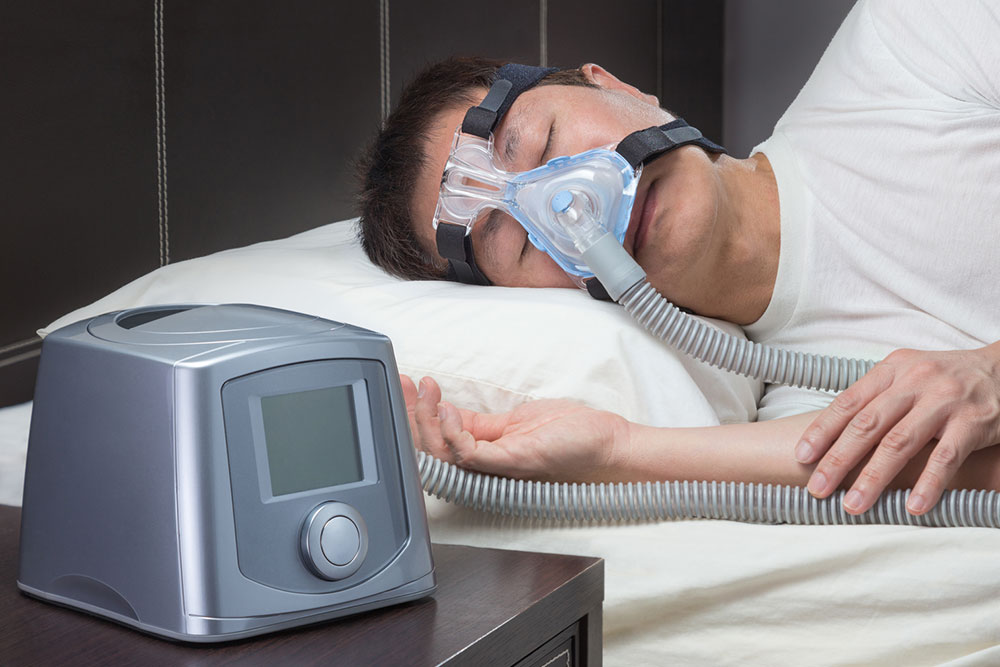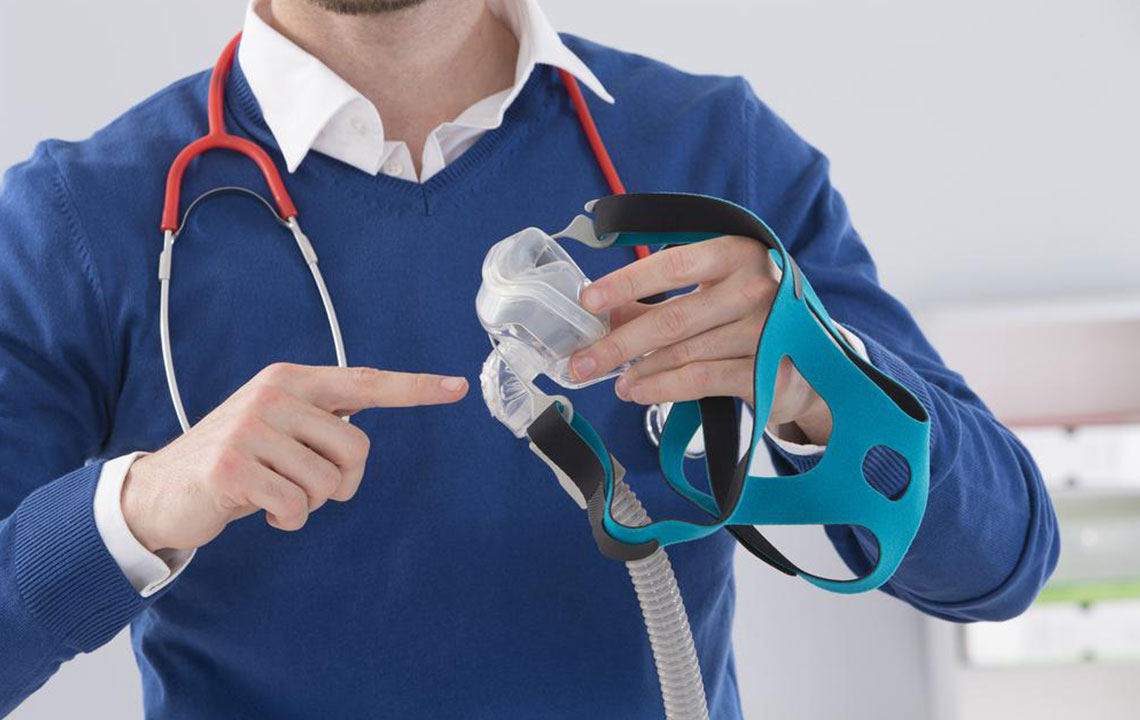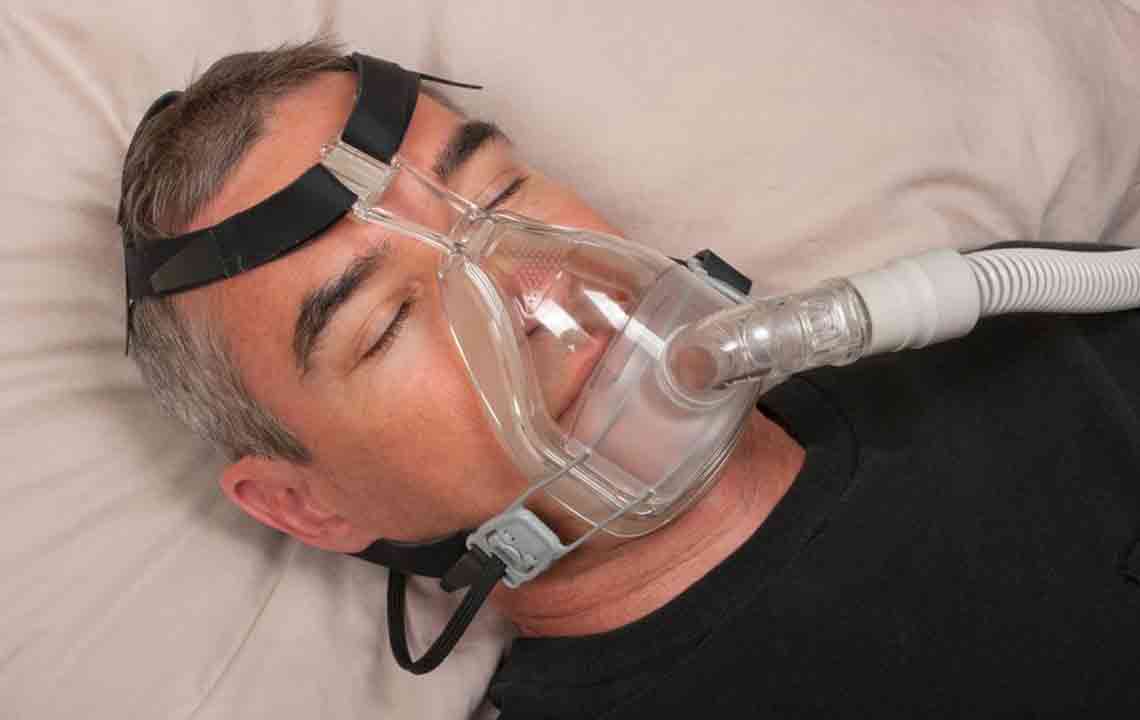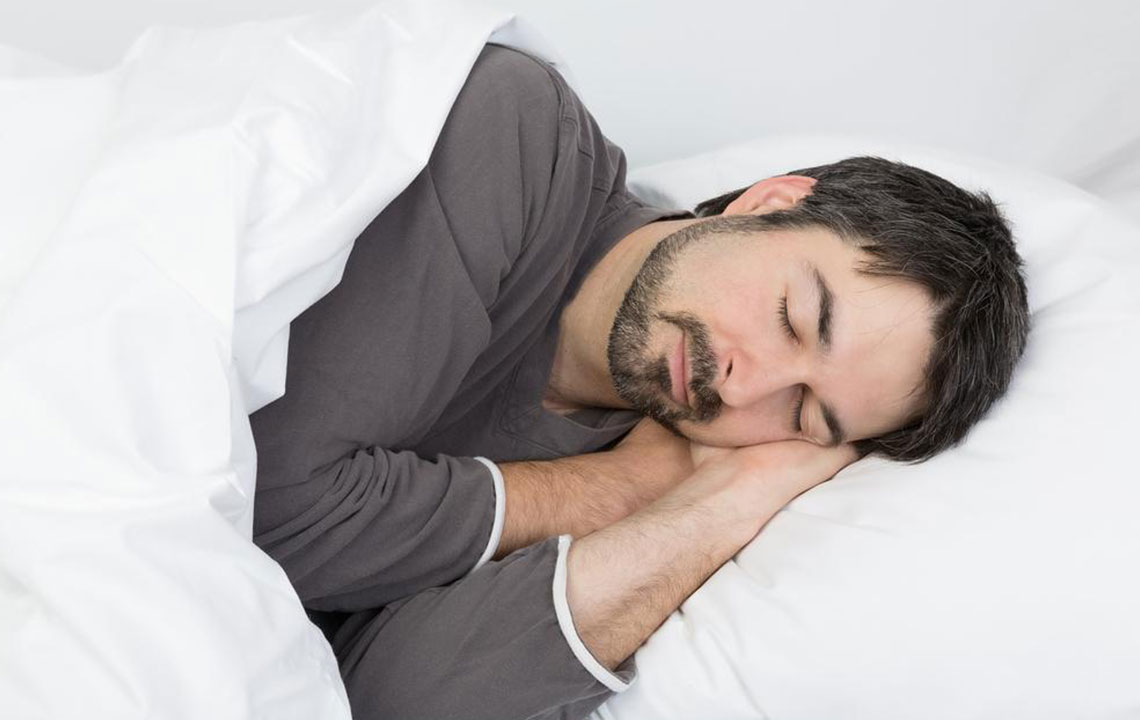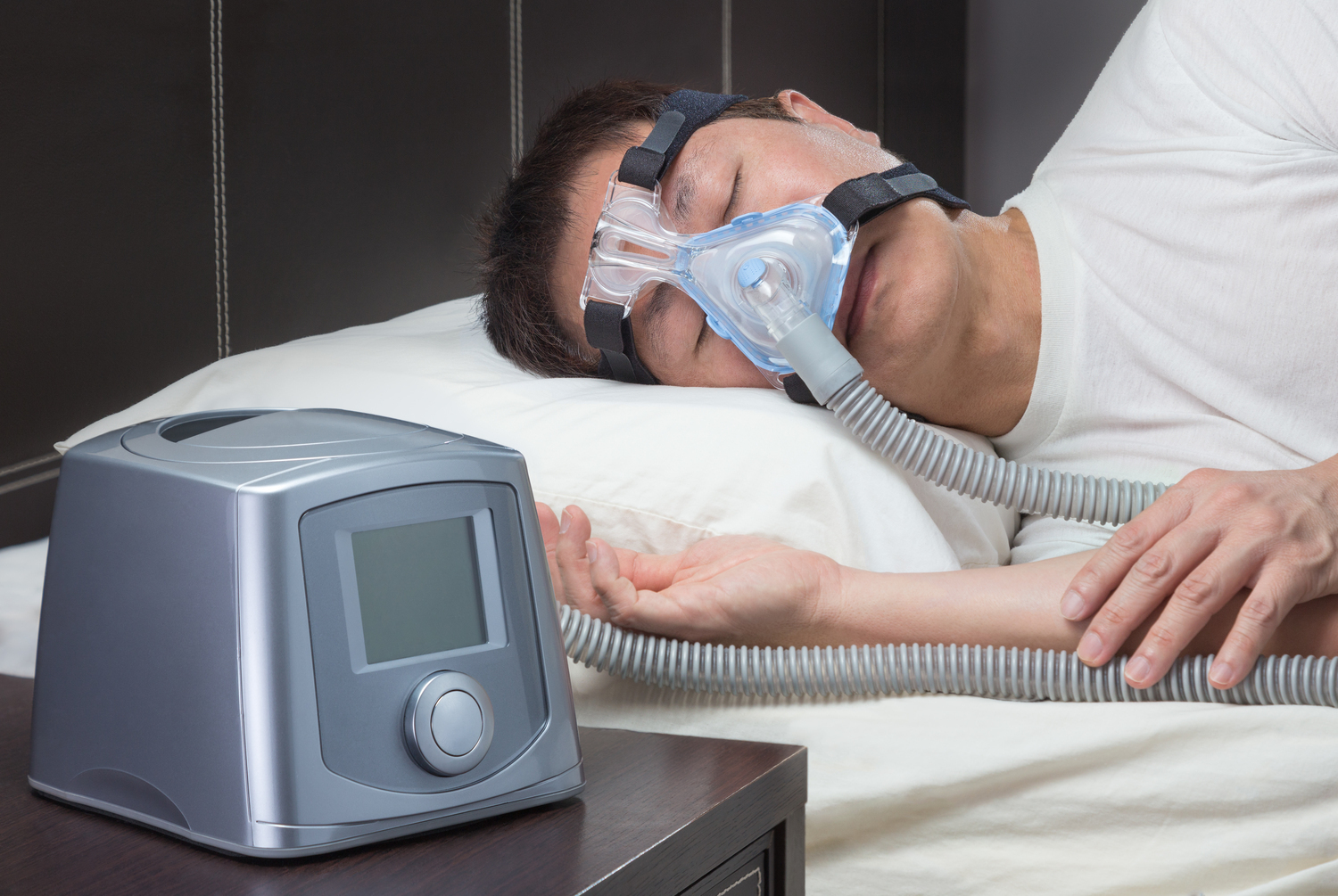Comprehensive Guide to Managing and Treating Sleep Apnea Effectively
Discover effective strategies to control and treat sleep apnea, including lifestyle changes, medical devices, and natural remedies. Learn how to improve sleep quality and reduce health risks associated with this common sleep disorder through comprehensive management techniques designed for better respiratory health and overall wellness.
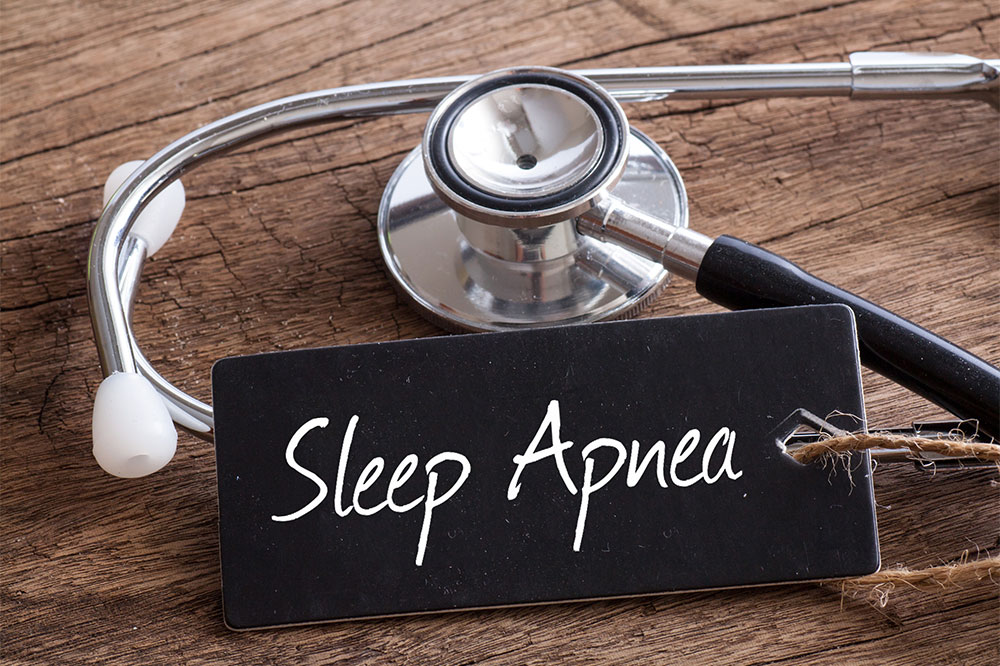
Comprehensive Strategies for Managing and Treating Sleep Apnea
Sleep apnea is a prevalent sleep disorder characterized by repeated pauses in breathing or shallow breaths during sleep. These interruptions can occur hundreds of times a night, leading to poor sleep quality and significant health risks. If left untreated, sleep apnea can contribute to severe health issues such as hypertension, heart disease, stroke, stroke, cognitive impairment, and weakened immune function. Fortunately, adopting effective management strategies and making lifestyle changes can substantially reduce symptoms and improve overall health. This comprehensive guide explores proven methods to control and treat sleep apnea, helping patients achieve restful sleep and better well-being.
Use a Humidifier to Enhance Air Quality
One common aggravator for sleep apnea symptoms is dry indoor air. Dry environments can cause throat irritation, nasal congestion, and airway narrowing, which worsen breathing difficulties during sleep. Introducing a high-quality room humidifier into your sleeping environment can add moisture to the air, helping to soothe irritated airways and facilitate easier breathing. Proper humidity levels—ideally between 30-50%—are essential for optimal respiratory comfort. For added benefit, consider diffusing essential oils like lavender or eucalyptus within the humidifier, as these oils may promote relaxation, reduce nasal inflammation, and improve sleep quality.
Opt for Custom Oral Devices for Better Airway Management
One of the most effective non-invasive treatments for sleep apnea is the use of custom oral appliances. These devices, often prescribed by dentists specialized in sleep medicine, work by repositioning the jaw or tongue to maintain an open airway during sleep. There are various types, including mandibular advancement devices (MADs) and tongue-retaining devices, all designed to reduce airway collapse. While over-the-counter alternatives exist, a custom-fitted device ensures optimal comfort, effectiveness, and durability. Regular dental check-ups are necessary to monitor fit and make adjustments as needed.
Incorporate Regular Physical Activity into Daily Routine
Engaging in consistent physical activity benefits overall health and can significantly alleviate sleep apnea symptoms. Exercise helps with weight management, strengthens cardiovascular health, and improves respiratory function. Aerobic activities like walking, swimming, or cycling enhance lung capacity and encourage deep breathing. Moreover, practices such as yoga and breathing exercises can improve oxygen intake, reduce stress, and promote relaxation before bedtime. Developing a daily routine that includes moderate exercise can lead to longer, more restorative sleep and a reduction in apnea episodes.
Achieve and Maintain a Healthy Weight
Excess weight, especially around the neck and upper airway, is a leading contributor to sleep apnea severity. Fatty tissues can obstruct the airway, making breathing difficult during sleep. Losing weight through a combination of healthy eating and physical activity often results in significant improvement or even complete resolution of sleep apnea symptoms. Maintaining a stable, healthy weight is crucial, as weight gain can quickly reverse progress and exacerbate breathing difficulties. Consulting a healthcare professional or nutritionist can help create personalized weight management plans that suit individual needs.
Additional Lifestyle Modifications and Medical Treatments
Beyond these primary strategies, individuals with sleep apnea should consider additional lifestyle changes such as avoiding alcohol and sedatives—which relax airway muscles—and quitting smoking, as tobacco use inflames the airway tissues. In some cases, continuous positive airway pressure (CPAP) therapy remains the gold standard treatment for moderate to severe sleep apnea, maintaining an open airway throughout the night. Surgical options may be considered if other treatments fail or are unsuitable, including procedures to remove excess tissue or reconstruct airway pathways.
In summary, managing sleep apnea requires a multi-faceted approach combining lifestyle modifications, tailored medical devices, and sometimes medical interventions. By understanding these strategies and consistently applying them, patients can improve their sleep quality, reduce health risks, and enjoy a healthier, more energetic life.
